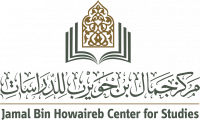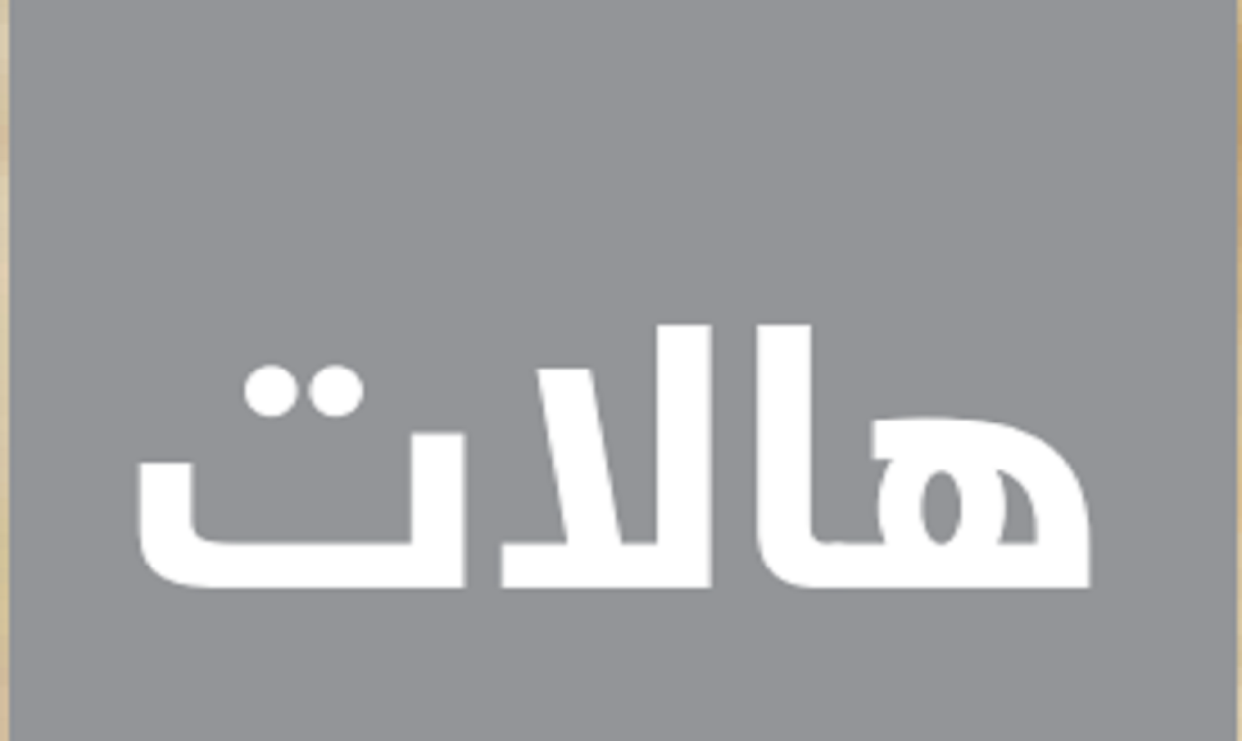1,001 عدد المشاهدات
Assaad Al Fares
Every passenger or traveler must have experienced stories, anecdotes and wonders during his travels; each different culture and civilization makes the travelers live and contemplate every single moment they pass by because almost everything a traveler sees is novel from him as if he is newly born in these different social environments. This is the case of non-Arab travelers who visited the Arab land and who attracted the attention of many writers to portray their adventures and the details of their journeys. In this issue of Orbits and Inscriptions, we have selected the work of the researcher Asaad Alfares Western Travelers in the Arab Land – published by Saqr Al Khaleej Publishing and Distribution, Kuwait 1997.
The author was interested in depicting the journeys of the Western travelers who visited the Arab countries, thus producing what can be described as a booklet of their impressions about our countries. The content is considered a historical, political and geographical record and a type of anthropological studies that contain photos, drawings and important documents to highlight the heritage, customs, traditions and events in the Arab environment.
The western travelers toured the Arab land for various reasons and motives. Regardless of their goals of travel, some of them were men of science and literature, while others were military men or men on special missions. Their writings often provide an exact description of the population, architecture, flora and fauna in the Arab ecosystem. Thanks to them, the most important archaeological treasures in our countries were discovered.
The author begins by introducing a detailed account of travel in the old ages. He mentions that people had known traveling since then, and they started to travel to discover the unknown in forest, deserts, valleys, high mountain peaks and overseas.
Perhaps the peoples of the Mediterranean were the first to conduct commercial and exploratory journeys on land and sea including the people of Crete and the ancient Egyptians who made exploratory trips during the reign of Sneferu the Pharaoh.
Records show that the first Phoenician expedition was carried out in 665 BC, with the support of the Pharaohs of Egypt. The campaign was launched from the Mediterranean Sea in a circular journey that lasted for several years. When those sailors reached new lands they used to plant crops, test soil, and identify plants and animals.
The Phoenicians were brave travelers, but they monopolized knowledge to avoid competition with others. Moreover, they kept spreading rumors, myths and frightening accounts about the fog in the sea, and the torrential currents that destroy ships and take the lives of adventurers.
The Roman expeditions had military motives. After capturing Egypt in 29 BC, they sent exploration journeys to the Upper Nile until they reached Bahr el Ghazal swamps and then they rushed to the East for the silk trade. The exploratory expeditions have enriched the knowledge about the limits of the discovered world. In the time of Ptolemy, they reached the north of Britain then to the south reaching Sudan and the Great Lakes, and from the Canary Islands in the Atlantic Ocean to east China.
However, the Arabs used to have a certain type of literature concerning their journeys. We do not mean by the word Arabs a specific race, but all those who lived under the Islamic state, and used Arabic as a language for communication and writing. Our Islamic heritage is full of stories, poems and events that tell the adventures of Arab travelers, describing the earth and its animals and plants, the sky and its planets and stars.
For Arabs, traveling was a means to experiment, to discover the wonders and explore geography as well. Therefore, the literature of these journeys was associated with the geographical science in order to develop it.
If we want to review the literature of world Journeys, we find the Greek journeys relating to culture and science, the Roman Journeys relating to wars and conquests, while the Arab Journeys combine both elements. Travel of the Arab Muslims is one of the reasons for acquiring a livelihood, and those who travel would hear and see the wonders, gain experiences and achieve gains. Traveling reveals the real morals of men.
With the advent of Islam, traveling became associated with Islamic thought, conquest, language, literature, philosophy and economics. This led to the emergence of groups of men who were interested in both traveling and geographical science. For instance, in the eighth century, Al-Asmaei was a philologist, geographer and traveler. Another traveler was Yaqut Al- Hamawi who dedicated his travel information and expertise in his famous Mu’jam al-Buldan (Dictionary of Countries). In the 9th century AD, Al-Waqidi was one of the pioneers to give the Arabian Peninsula full geographical descriptions.
Western traveling came after Arab traveling. Not all those western travelers who visited the Arab countries were friendly; some of them felt hatred towards Arab and Islamic countries. In the eighteenth and nineteenth centuries, at the height of the scientific and economic revolution in Europe, Arab countries witnessed unprecedented intensive activity of travelers. However, the western literature of travel also has its own basis and principles.
According to Francis Bacon, “Travel, in the younger sort, is a part of education; in the elder, a part of experience”. Later, this definition was developed to encompass wider concepts including:
– Traveling is a means to collect geographic information and to study the habits and living conditions of peoples. Specialists from developed societies, that have economic, political and military power, will benefit from this study. Accordingly, a traveler is sent to collect information, record events and observations for his country which in turn will draw its policy towards the explored countries. Eventually, information will be made accessible to the cultural institutions and specialized scientific staff.
– The Western traveler is a civilized man, who has a vivid vision of life, and a civilized message he wants to disseminate among less developed peoples and developing countries. We can conclude form these definitions that spreading progress and civilization is a camouflage for a clear colonial trend.
Political hegemony, economic exploitation, and the plundering of other peoples’ wealth need a fabricated logic. Hence the claim that Westerners – especially the travelers – did not come to exploit the Orient, but to the contrary they have come to help poor people in developing nations that have not been fortunate enough to reach the high level attained by Western countries.
Only those who had special interests, physical, psychological and cultural capabilities, coupled with the ability to endure hardships and face death at any moment, could travel through the Arab countries. Most of those travelers were military men, intelligence agents, university students, traders and adventurers, diplomats and men on special missions.
But if one raises the question: Why did they come to the Arab world at a critical period in its history; the end of the protection, or rather, the rule of the Ottoman in the Arab region?
Despite potential threats that may include death, travelers came, traveled and sent reports, researches and books to their countries. They came on the pretext of buying Arabian horses, learning Arabic, collecting Islamic manuscripts, distancing themselves from the hustle and bustle of European life, and enjoying the warmth of the East and also for trading. But all these goals were secondary to their political goals, which were being revealed day after day through their printed memoirs.
Most of them came to hasten the end of the Islamic Caliphate and to break up the Ottoman Empire that was declining. The Europeans were racing to share the spoils and spread their power and secure commercial land and sea routes simultaneously. That is why Western conflicts over interests began to rise in the region in secret and openly; the British in India, the French in Egypt and North Africa.
The Orient was the gate through which armies and commercial convoys used to pass. Tourists, traders, missionaries, archaeologists and special mission travelers started to rove all over the region, preparing plans, surveying areas and conducting business deals. In 1835, Colonel Chesney surveyed the Mesopotamia and his trip was reflected in two volumes of maps. At that time, the British were thinking of building a railway linking the Mediterranean to the Euphrates through the desert and extending along the Euphrates to the Arabian Gulf, to supply the British Army in India, and to bring back goods and raw materials by sea. But, this project was cancelled upon the recommendation of a group of experts and travelers, including Lady Anne Blunt herself.
Those travelers, who hated Islam and Muslims, spread the concept of secularism in the Arab region, encouraging nationalist sentiments, funding separatist movements, and provoking sectarian strife.
The Italian traveler Marco Polo (1253-1323), who traveled to the Orient with his uncle, a merchant from Venice, and returned to Italy with much information about these countries and the customs of the Arabs.
They succeeded in recognizing and describing many of the landmarks and monuments of Arab lands, and they knew the hidden secrets of Arab lands. They passed through deserts and navigated across wolds to explore the unknown, driven by various motives. They faced hardships on the road and put up with the hard times and the harshness of desert. Their intellectual contributions made part of history with their profound impact in changing the course of events between nations.





